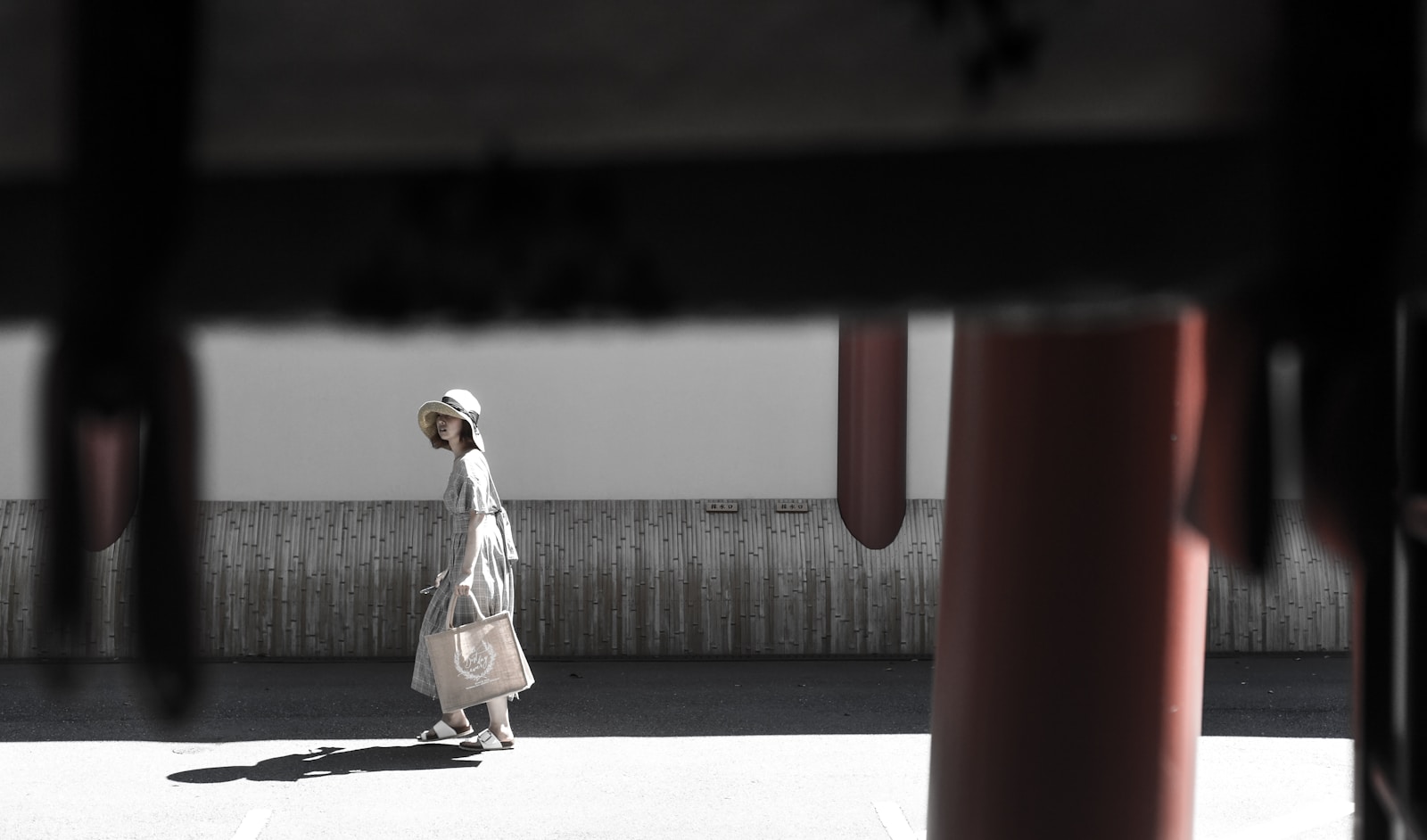
由
yóu

by
The Chinese character '由' has similar uses to the English word 'by'. It can be used to represent the action performed by the subject, similar to how 'by' is used in passive sentences. Note that '由' can also have other interpretations depending on the context in which it is used.
Example sentences using: 由
这支笔是由我爸爸给我买的。
Zhè zhī bǐ shì yóu wǒ bàba gěi wǒ mǎi de.

This pen was bought for me by my father.
In this sentence, '由' is used to indicate the doer of the action, the one who bought the pen.
这个项目由他负责。
Zhège xiàngmù yóu tā fùzé.

He is responsible for this project.
In this sentence, '由' is used to designate the person in charge of a task or project.
电脑是由硅制成的。
Diànnǎo shì yóu guī zhì chéng de.

Computers are made out of silicon.
In this sentence, '由' is used to specify the material used to make something.
这部电影是由著名导演导演的。
Zhè bù diànyǐng shì yóu zhùmíng dǎoyǎn dǎoyǎn de.

The movie was directed by a famous director.
In this sentence, '由' is used to indicate the person who performed an action.
这个决定由我们两个人决定。
Zhège juédìng yóu wǒmen liǎng gèrén juédìng.

This decision is up to the two of us.
In this sentence, '由' indicates who has the power or right to make a decision.
这些玩具是由塑料制造的。
Zhèxiē wánjù shì yóu sùliào zhìzào de.

These toys are made of plastic.
In this sentence, '由' is used to specify the material used to make something.
这个问题由你解决。
Zhège wèntí yóu nǐ jiějué.

This problem is for you to solve.
In this sentence, '由' indicates who is expected to handle or deal with a task.
我们由这里出发。
Wǒmen yóu zhèlǐ chūfā.

We set off from here.
In this sentence, '由' is used to state the starting point of a movement.
这个节目由他主持。
Zhège jiémù yóu tā zhǔchí.

He hosts this program.
In this sentence, '由' denotes who is the person in charge or leader
这个决定由你来做。
Zhège juédìng yóu nǐ lái zuò.

The decision is yours to make.
In this sentence, '由' determines who has the authority or authorization to do something.